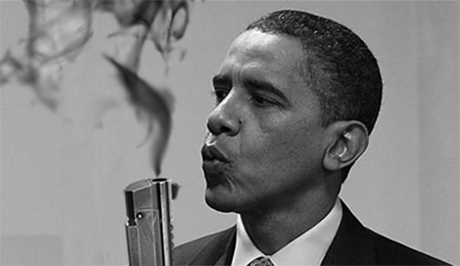The U.S. President wants to up the national minimum wage to $9 per hour.
Republicans tend to lose at such policy debates, sometimes by daring to tell the truth: That minimum wage laws tend to raise unemployment. But that doesn’t impress politicians, who can’t be bothered to look beyond the surface of such issues.
They present the minimum wage hike as a guarantee that higher wages get paid all around, that wages only go up, rather than what actually happens: some wages go up to meet the law, and others evaporate, as people are let go, jobs downsized, and new jobs go uncreated.
So why would congressional Republicans use the same old rhetoric to balk at the president’s plan?
Sometimes irony works. Republicans should take all the Democrats’ premises — we want higher wages, more wealth, etc., etc. — and up the ante:
“Yes, raising wages would be great! But why are you all such tightwads? Raise the minimum to $49 an hour! Or make the lowest rate comparable with congressional pay: $85 per hour!”
Then compromise and say they will only vote for the raise if the rate hike is a serious amount, not the president’s paltry $1.75 increase.
At that point, a more honest conversation will start up.
For the ugly truth is that the harmful effects of the current and rather low minimum wage laws rest mainly on folks who aren’t very likely to vote, or to notice why it is they are unemployed. But raise the rate to $49 per hour, or even $19, and the scam becomes obvious to all but the most dense.
Even Democrats would insist on a lower rate.
And then Republicans should demand that Democrats explain why. And reveal the perverse logic behind minimum wages for all to see.
This is Common Sense. I’m Paul Jacob.




